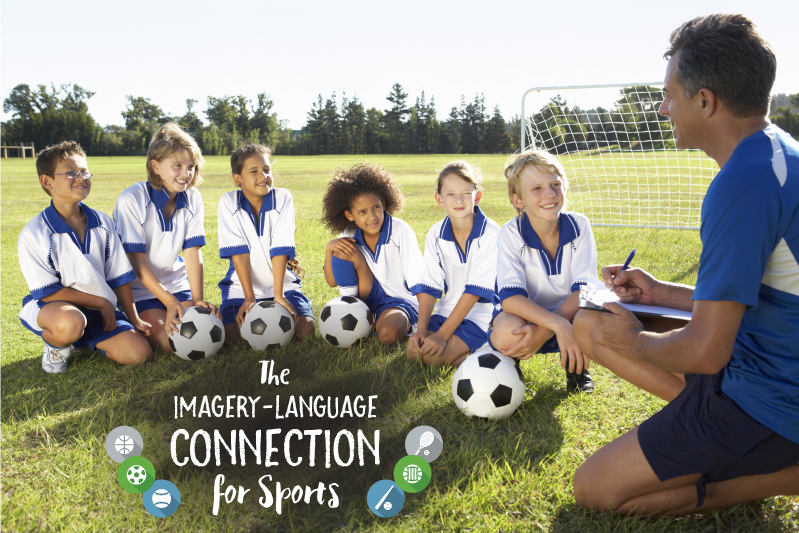How and Why to Make the Most of Bedtime Reading
Bedtime reading can take children to a safe and enchanted world for a few minutes each night; and when kids are cosy and comfortable, reading aloud to them can help them “de-compress” from any worries from the day. Reading to your child is also a special time to be close to your child and bond…
The Imagery-Language Connection at Home: Tips for Parents Whose Kids Have a Comprehension Weakness
When a student has an identified comprehension weakness, parents might pursue help for their academics. Unfortunately, language comprehension troubles can affect family life, too. A primary cause of language comprehension problems is difficulty creating an imagined gestalt. This is called weak concept imagery. This weakness causes individuals to get only “parts” of information they…
Tips to Help Your Reluctant Reader
Do you have a child who would rather wash the dishes or help with the laundry than read a book? Do you have to beg and plead with them to sit down and read, whether it’s for school or fun? Maybe they even say they “hate reading.” It’s hard to know how to…
Tips for Coaching Youth Sports: The Imagery-Language Connection for Sports
Did you recently volunteer for a coaching position? Have you coached before? Are you tired of yelling at your team but don’t know how to get them to follow directions? Do you want this year to be a more positive experience for you and your players? If you answered yes to any of these questions,…
Help for Your Students Who Never Seem to “Get It”
Teachers know there is a long list of reasons to make reading a lifelong habit: the cognitive workout we get when we read and the exposure to new ideas are arguably top reasons to be a regular reader. So, when a student (who otherwise has adequate decoding skills) is unenthusiastic about books, regardless of…
Ready or Not, Here Comes School: Tips for Your Young Learner
A generation ago, kindergarten days were filled with activities like finger painting, “Hide-and-Go-Seek”, making friends and learning to be peaceful at nap time. And, while reading and spelling may have been introduced in first grade, there was nothing like today’s pressure for students to be performing according to grade-level standards. Sure, there is still…
Bedtime Reading 101: How and Why to Make the Most of this Important Activity
Bedtime reading can take children to a safe and enchanted world for a few minutes each night; and when kids are cozy and comfortable, reading aloud to them can help them “de-compress” from any worries from the day. Reading to your child is also a special time to be close to your child and bond…
Tips for Parents of Kids with a Comprehension Weakness: The Imagery-Language Connection at Home
When a student has an identified comprehension weakness, parents might pursue help for their academics. Unfortunately, language comprehension troubles can affect family life, too. A primary cause of language comprehension problems is difficulty creating an imagined gestalt. This is called weak concept imagery. This weakness causes individuals to get only “parts” of information they…
I Hate Reading!: Tips for Helping Your (very) Reluctant Reader
Do you have a child who would rather wash the dishes or help with the laundry than read a book? Do you have to beg and plead with them to sit down and read, whether it’s for school or fun? Maybe they even say they “hate reading.” It’s hard to know how to…
I See Movies in My Head: The Key to Reading Comprehension
Most reading experts agree on one thing: In order to comprehend what they read, students must have strong decoding skills and adequate oral vocabulary. In other words, a child must be able accurately decode every word on the page, and know what all of the words mean.









